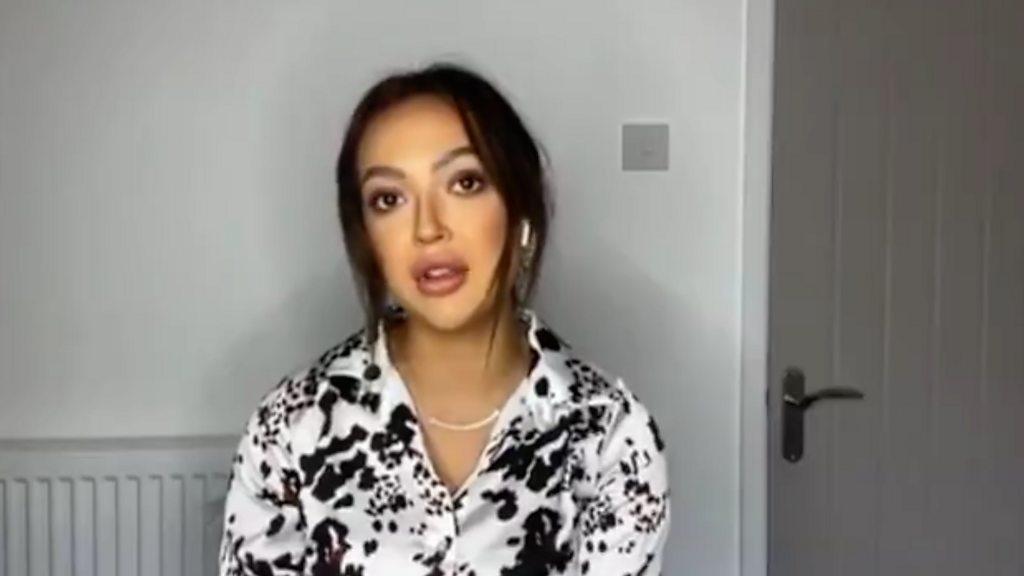Christmas: Fears Botox voucher gifts 'normalising' procedures
- Published
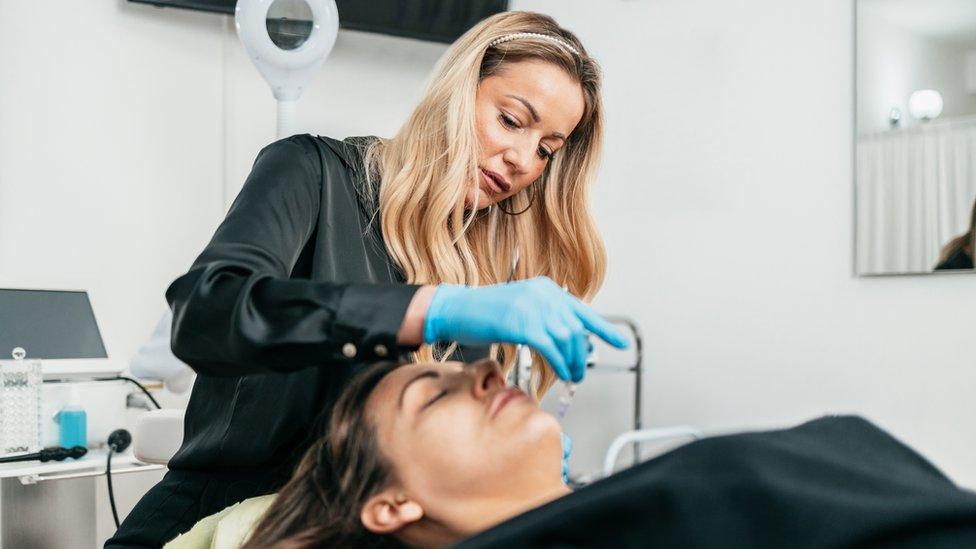
Doctors say most clinics offer gift vouchers now but that does not mean standards are slipping
How would you feel if someone got you a voucher towards Botox for Christmas?
Well for some, it's exactly what they want with "more and more" gift vouchers on the market, according to the Body Dysmorphic Disorder Foundation (BDDF).
One aesthetician said procedures had stigma because people associated them with the excess of some celebrities.
However, the BDDF worries "normalising" gifting non-surgical treatments could have a negative impact on young people's mental health.
Cosmetic procedures can include facials, cosmetic tattoos on areas like eyebrows, and Botox - beloved by those seeking a wrinkle-free face.
One study in 2022, external found an estimated 900,000 facial injections of Botox are carried out every year in the UK.
However, Sara Chenney, who works at a clinic in Wrexham, said the confidence that can come from procedures is more than skin deep, claiming it was "no different" to buying someone a voucher for a hairdresser, as long as a proper consultation has taken place.
Her clinic, like many others, offers monetary vouchers that can be used towards the non-surgical procedures they offer, such as Botox.
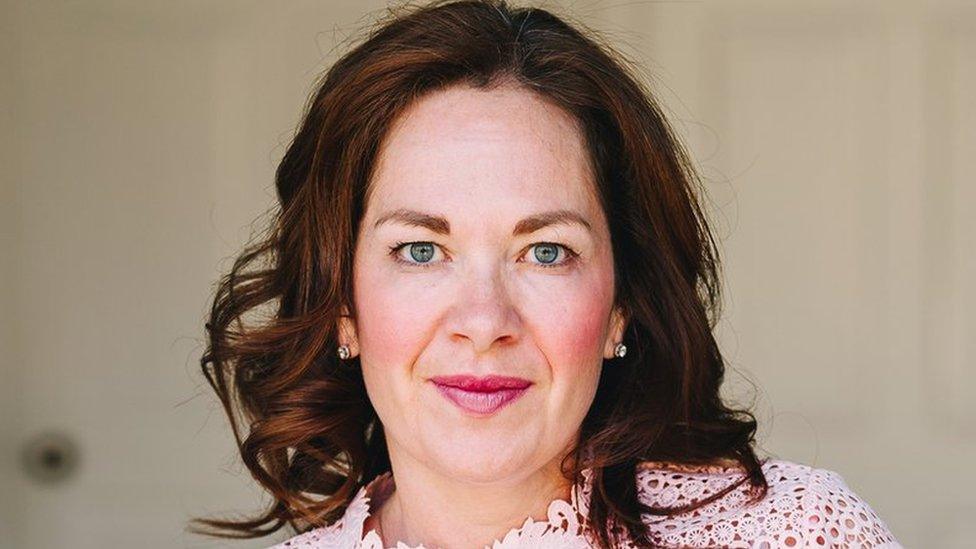
Dr Kathryn Lloyd-Thomas says a gift voucher for Botox is the same as one for your hair
Dr Kathryn Lloyd-Thomas has been a doctor for over 22 years and started her aesthetic clinic in Cardiff five years ago.
She thinks gift vouchers are a good thing because it means people can afford to have the procedures they want with qualified professionals and "it'll stop people from going to places they really shouldn't to get stuff done on the cheap".
She said women were made to feel a lot of shame still and as long as the vouchers were from a reputable clinic, it was the same as buying a voucher towards any other large purchase.
"People don't have an opinion or comment on if you go and have your haircut, or if you have your nails done," she said.
"But I feel that there's a lot of stigma still around people potentially having anti-wrinkle injections or lip fillers."
She said older women especially felt "racked with guilt" but were often "just wanting a boost".
"We always tend to see celebrities who have had things done badly and that's what people associate it with," she said.
"Women a certain age shouldn't feel guilty about wanting to look nice and I think if that is normalising it, then that's not a bad thing."
She added there was a misconception that it was younger people wanting unsuitable procedures but "the whole industry needs to be a little bit more regulated".
"I don't mean to be negative, but possibly there are beauticians out there who shouldn't be doing it but I don't know if that will actually ever change," she said.
"I can understand how there may be some potential for some criticism [about gift vouchers] but I'd like to think that if you go to a reputable person or clinic, that they would still only ever perform a procedure on someone after a medical questionnaire and a consent form."
She said in her experience, vouchers were given on a "very individual basis", with an increase at Christmas.
"Everyone wants to look nice and for the parties beforehand", she said, adding her number one request was anti-wrinkle injections and filler."
'I hate that young people seek cosmetic procedures because of me,' says Love Island star
Ms Chenney, who is clinical director of Pure Perfection Clinic, said people still associated cosmetic procures with "overfilled lips" like some celebrities.
"Every patient who walks in our door has a consultation before we do anything," she said.
She added it was not just procedures such as filler as people gifted treatments for acne and rosacea that can "change the lives" of people with insecurities.
She said seeing people's mental transformation was "what gives me the massive job satisfaction".
Ms Chenney said now with longer NHS wait times, people may be asking for vouchers to help deal with skin conditions rather than wait.
She added, however, it was down to individuals to make sure they were purchasing responsibly.
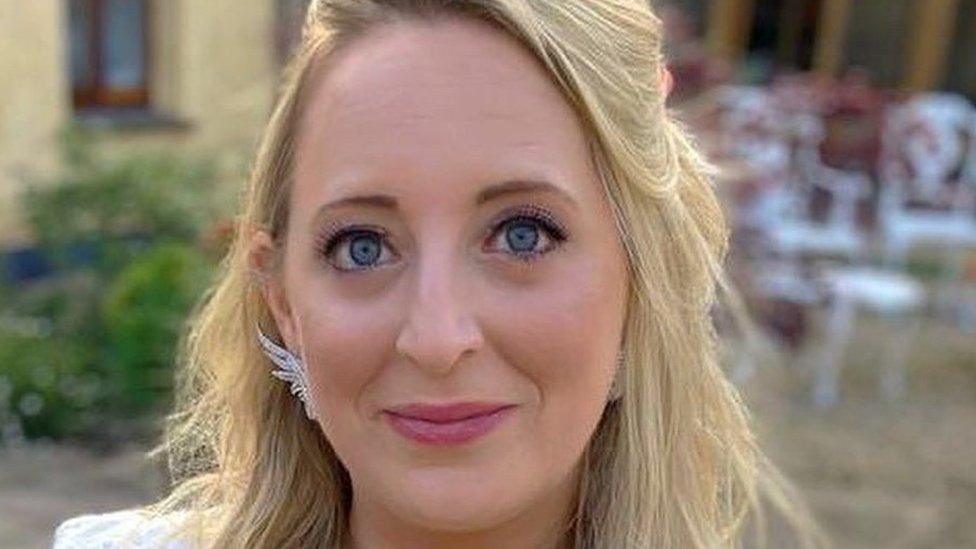
Kitty Wallace says often small procedures can be the most damaging as a "quick fix" to anxiety
Kitty Wallace, from the Body Dysmorphic Disorder Foundation, said "normalising" gifting procedures could have a real impact on people's mental health.
Body dysmorphic disorder (BDD), external, or body dysmorphia, is a mental health condition where a person spends a lot of time worrying about flaws in their appearance.
In more extreme cases it can lead to depression and suicide and the charity said one in 50 people have it.
So gift vouchers for cosmetic procedures could, she said, be damaging for a number of reasons.
"When we start talking about things like cosmetic treatments, in my mind it is always the worst case scenario," she said.
"For the vast majority of people getting these treatments it can boost how you feel about yourself."
But, she said, it creates a stigma around aging which is particularly concerning for people in their early twenties "getting a lot of Botox or filler really altering their appearance before they've necessarily matured into how they look".
"If those young people are getting these treatments because they are trying to suppress a huge amount of anxiety about their appearance they might do that without considering the consequences of what could go wrong."
She added vouchers "trivialise how large that impact could be on someone" and often loved ones can mistakenly think they are just helping help their confidence and anxiety.
"It can actually play into fears" and "inadvertently play into people's obsession about appearance," she said.
Ms Wallace said she was also concerned about how young people might afford the procedures once the voucher runs out, having worked with people who had gotten into so much debt they could not afford Christmas presents.
"Treatments aren't often a one-off and require maintenance," she said.
"Does that person have the ability to continue this on? And is it fair to start them on that journey?"
Ms Wallace, who herself has BDD, said she was grateful she got treatment for it before the influx of cosmetic procedures by influencers on platforms such as Instagram as it means people see more and more warped images
"It's important that people are educated. We can't make a decision for people about what they choose to do," she added.
"But more people need to know what BDD is and what the risks are."
If you want more information on what support is available, visit BBC Action Line.
- Published1 October 2021
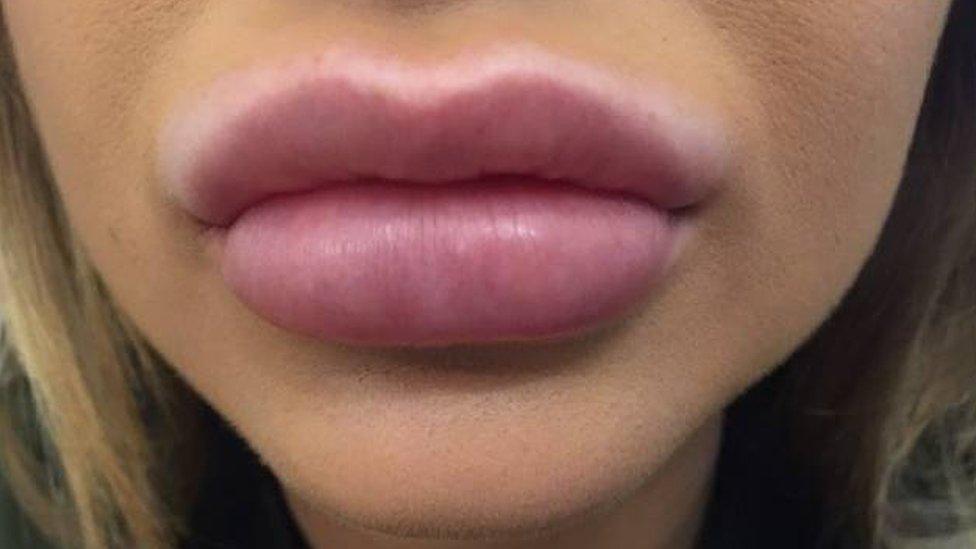
- Published5 February 2022
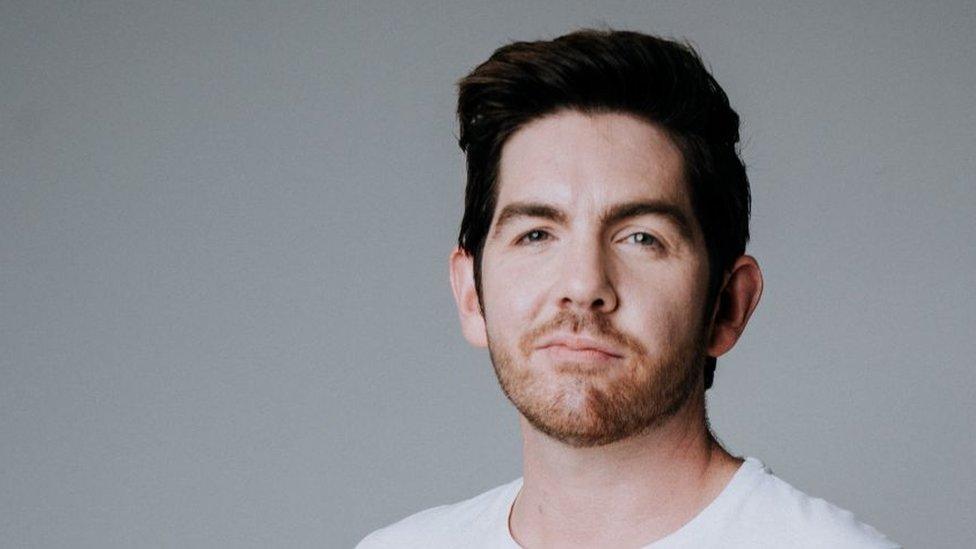
- Published3 June 2020
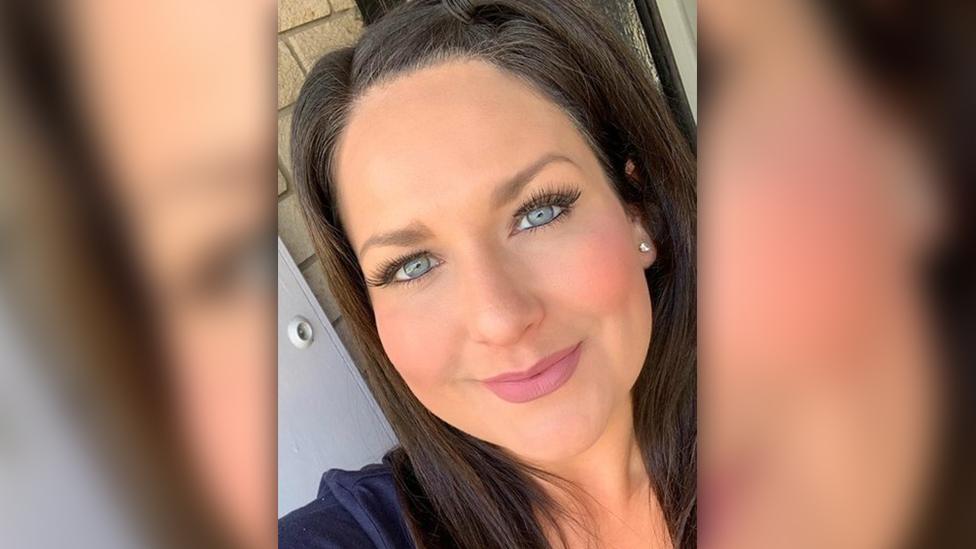
- Published1 October 2021
